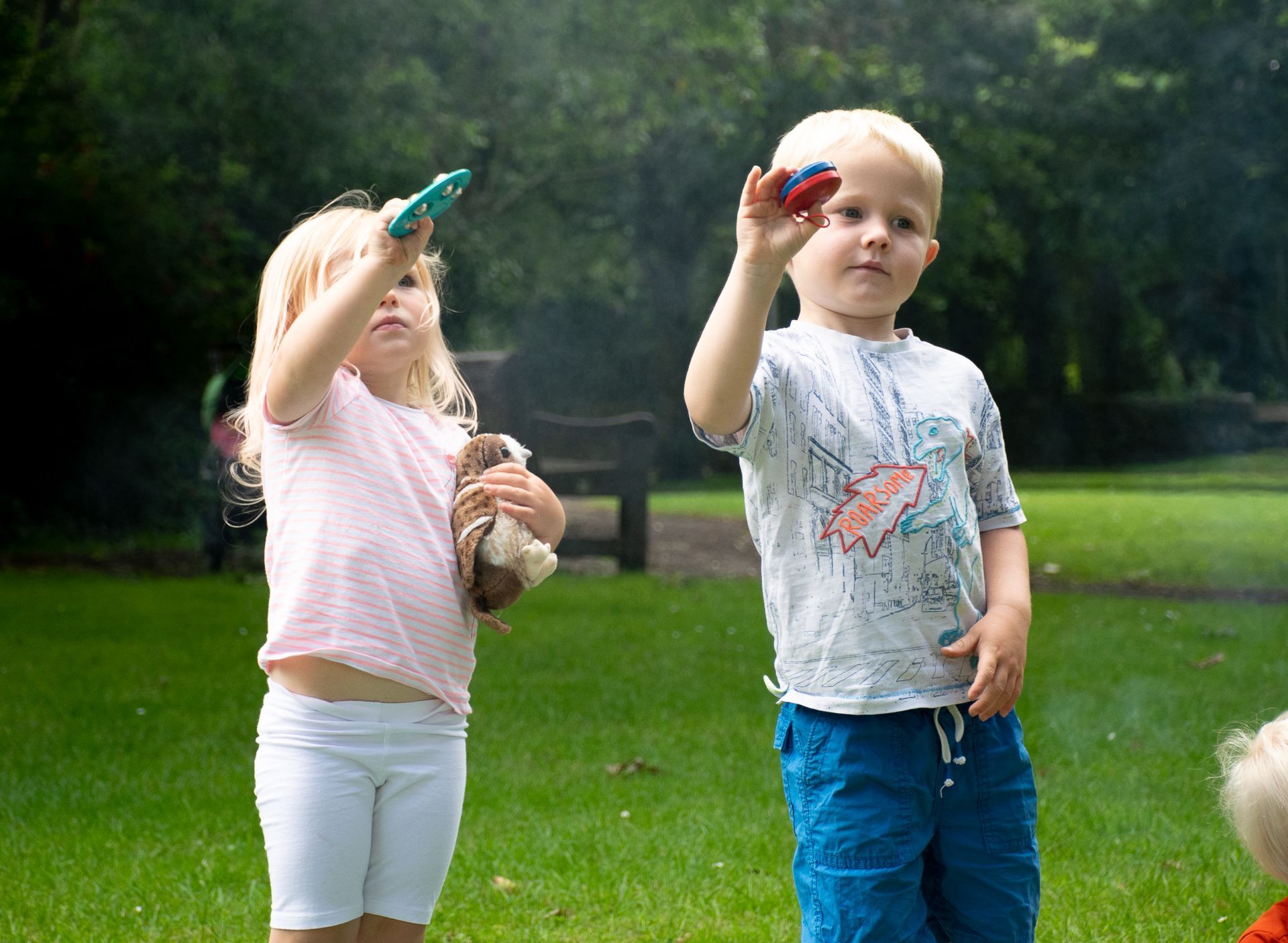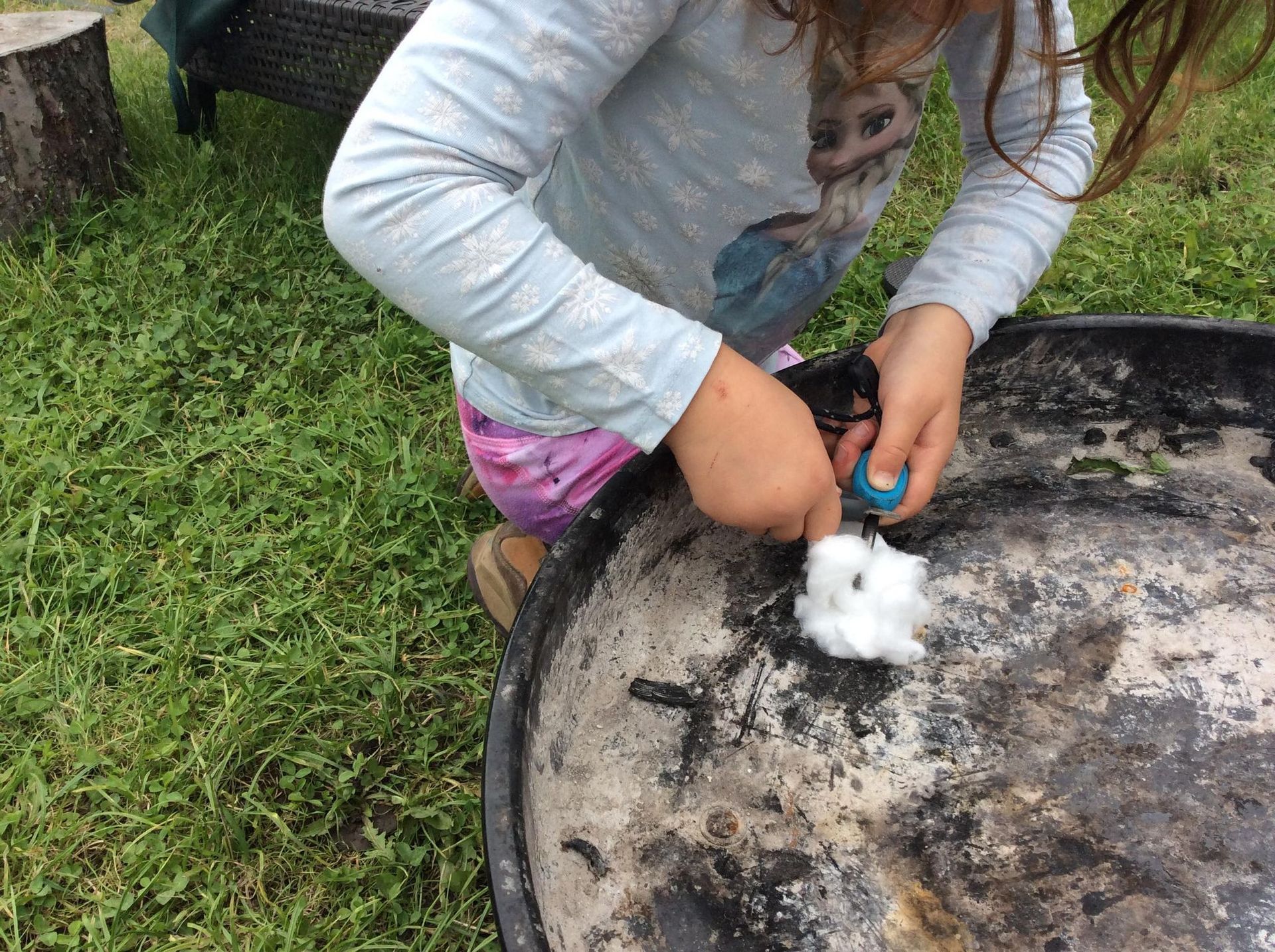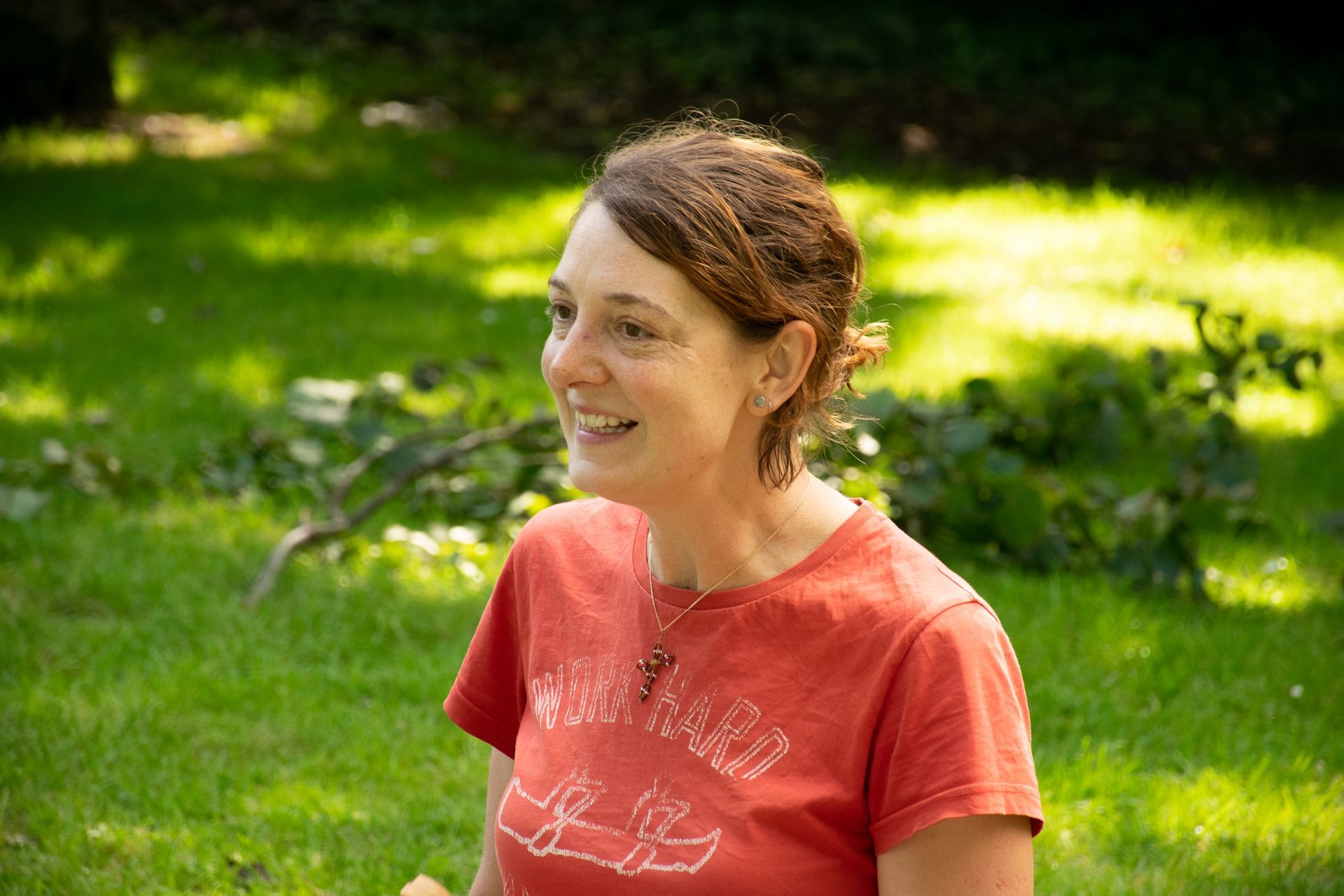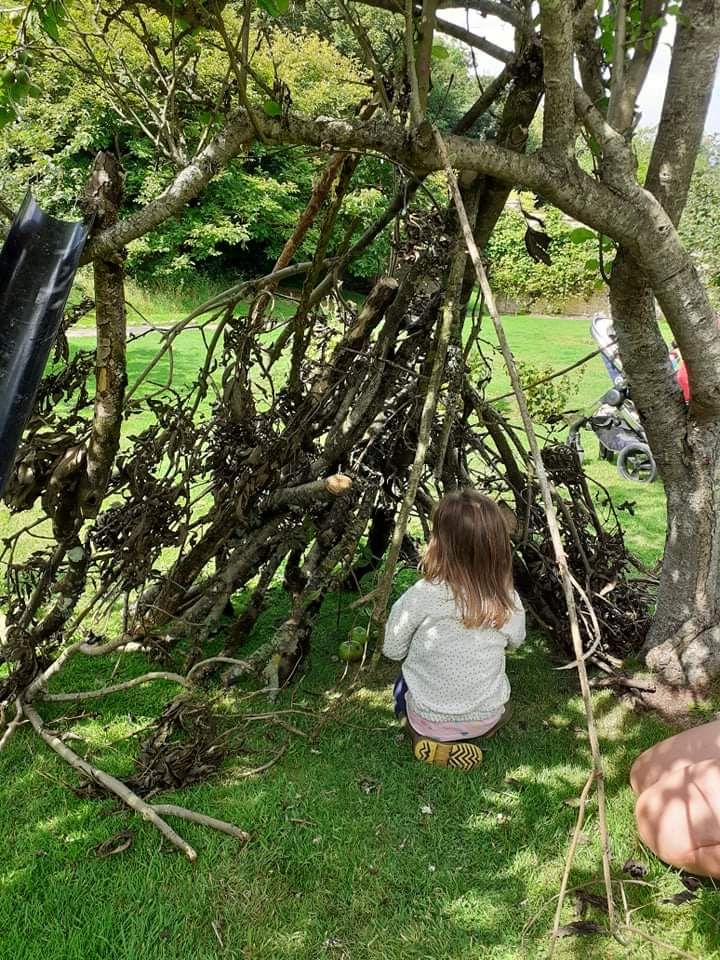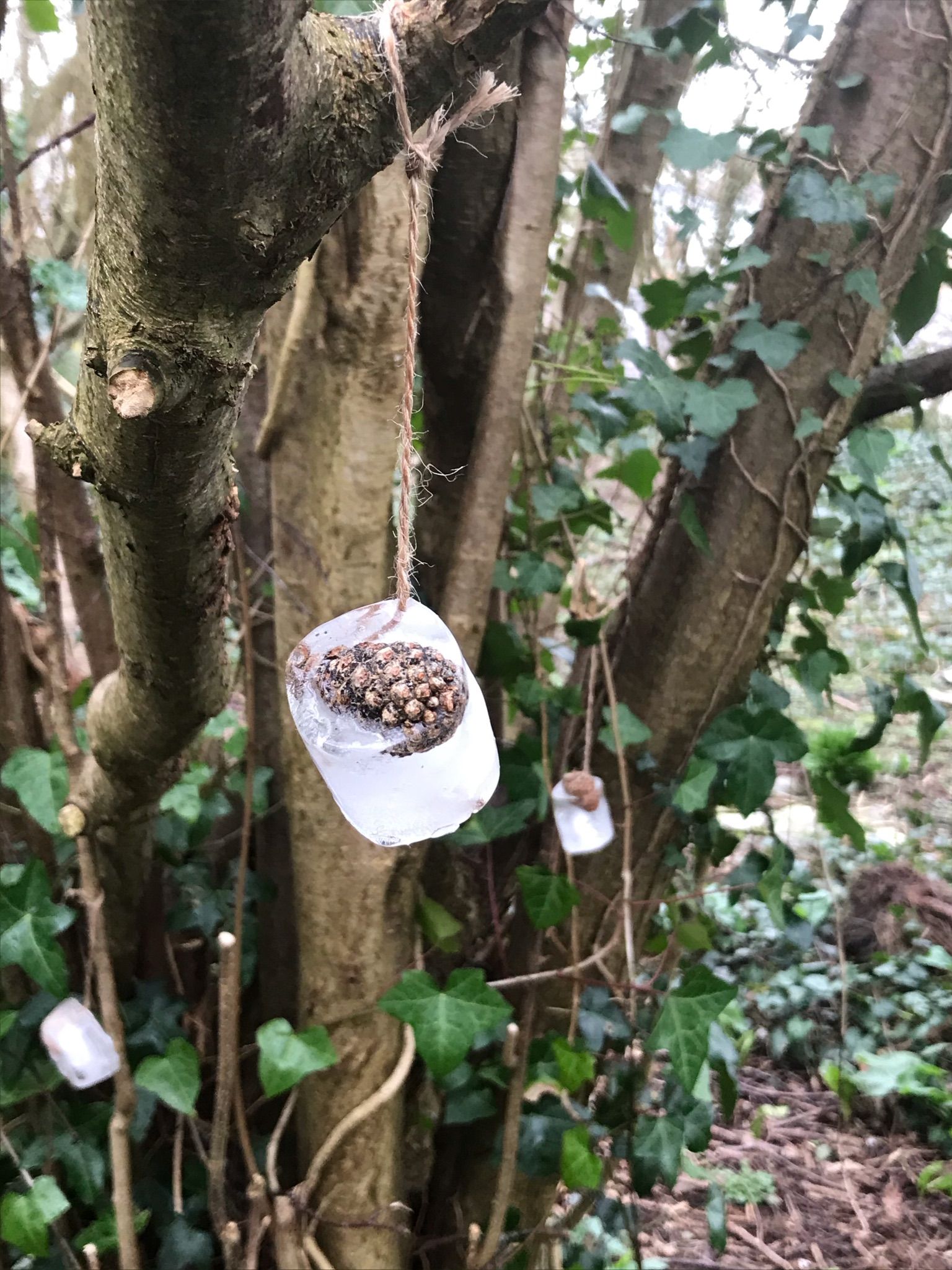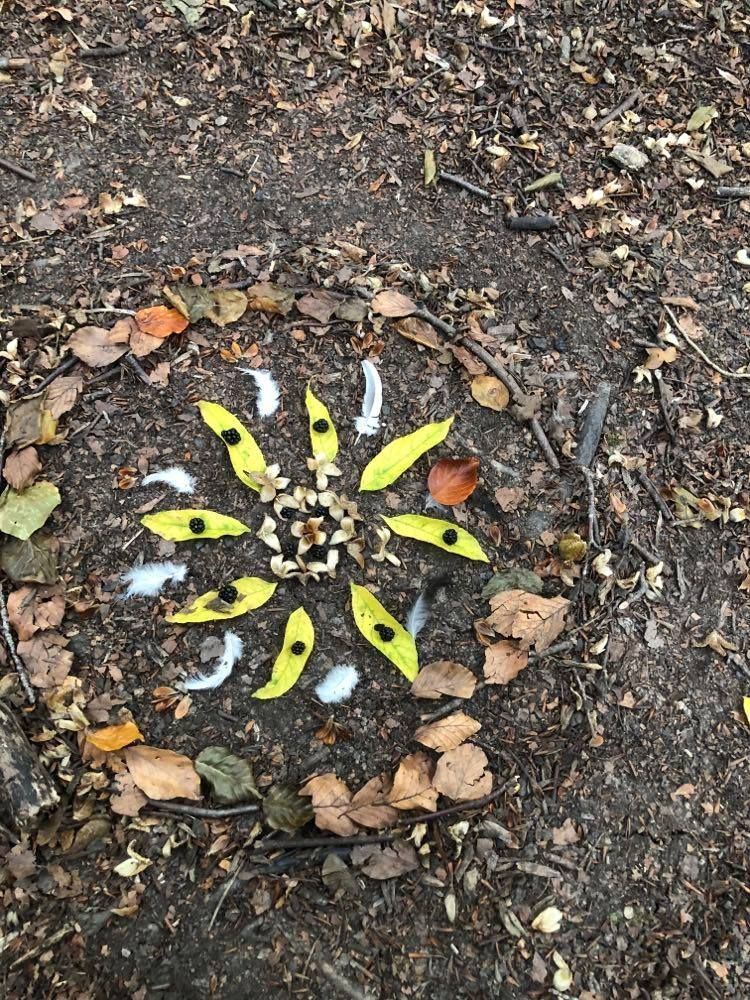What is Forest School?
Learner-centred
The needs and interests of the learner are integral. Observation by the leader and reflection by all are primary to each session, enabling exploration through play to be at the centre of all we do.
Opportunities to take risks
From fires to tree climbing, using a saw or playing with mud, forest school provides the space for learners to take risks in a supported and thoughtful way, enabling them to make decisions about how to manage risk and learn from their mistakes.
Run by qualified practitioners
Forest school sessions are lead by practitioners with Level 3 Forest and Coastal School training, DBS checked and first aid trained. Being a reflective practitioner means that we see ourselves as much as learners as leaders.
Takes place in a natural environment
Not every forest school session takes place in a forest. It may be a field, a yard with a few trees, in a park or at the beach but these are places where a love of and respect for nature can be encouraged.
Long term
We don't just do forest school in the summer, and it's not a one-off. To truely benefit from Forest School, it must take place regualrly (once a week ideally), through all seasons and hopefully repeatedly so that participants can begin to feel ownership over the area, see changes in nature through the seasons, and build on their knowledge and experience.
Promotes holistic development
Through play, co-operation, and by noticing the seasons, we view learners as a whole, appreciating the interconnectedness of our experiences and developing emotional, social, and spiritual learning.
